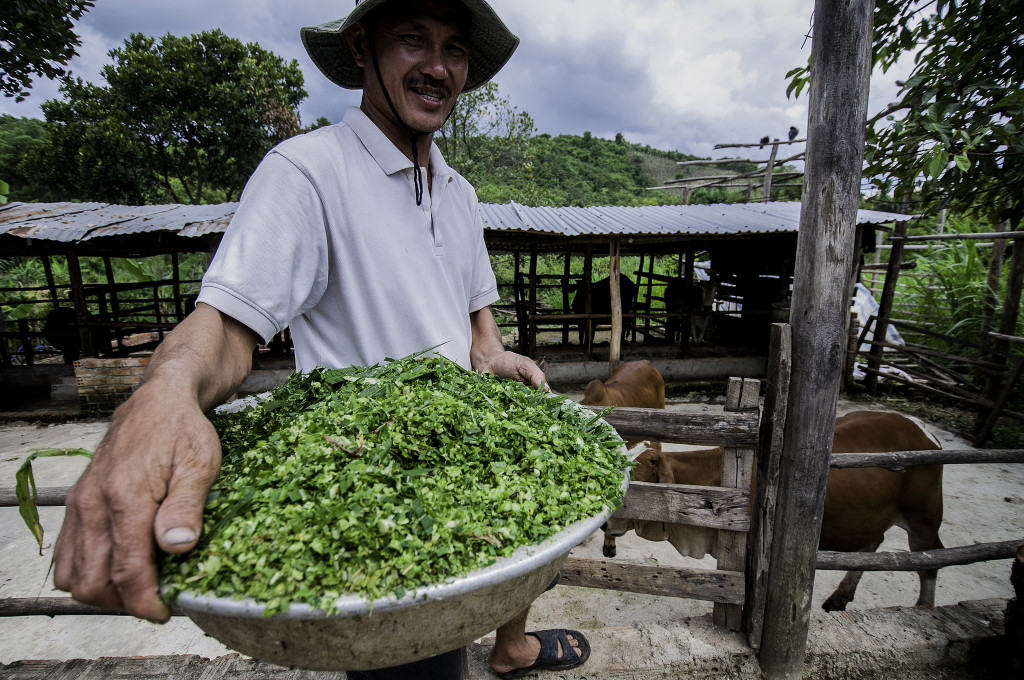Cross-post from IFPRI blog
Climate change is already putting food security at risk. Rising temperatures and extreme events, such as sudden droughts and floods, mean that it will be even harder to meet the growing demand for food, fiber and fuel, especially for poor countries with high population growth.
Unless immediate action is taken by policy-makers, the impacts on livelihoods will increase over the long-run, especially if agriculture expands onto wild-lands that now provide natural resources such as clean water and biodiversity.

Research must be at the heart of decision-making for dealing with climate change, so that realistic scenarios, risk analysis and trade-offs become part of planning and financial investments intended to build adaptation and resilience for agriculture. Active involvement of researchers is key to building the capacity to affect much-needed changes in human behavior and social infrastructure.
Fortunately, climate-smart agriculture (CSA) has now become a global policy initiative for economic development, poverty reduction and food security; enhancing the productivity and resilience of natural and agricultural ecosystem functions. This builds natural capital and reduces trade-offs involved in meeting these goals.
Today, the journal Agriculture and Food Security published an open-access scientific article, reporting on strategies for building resilience, adaptation and mitigation for the world’s agricultural systems that were issued at the 2013 Global Science Conference on Climate-Smart Agriculture . Researchers, government officials, policymakers, representatives from NGOs and stakeholders from around the world met to examine current gaps in knowledge, existing work within CSA, and agendas for interdisciplinary research and science-based actions.
Read the rest of this story on the International Food Policy Research Institute (IFPRI) blog.
